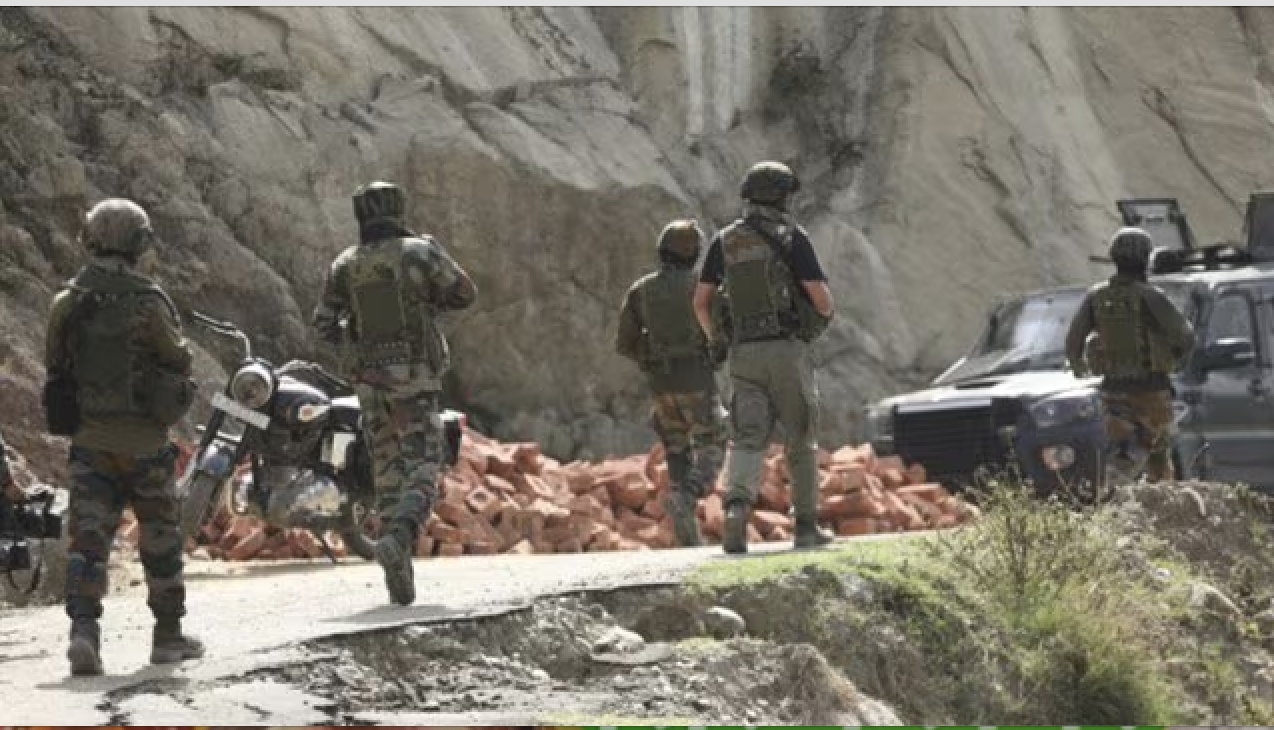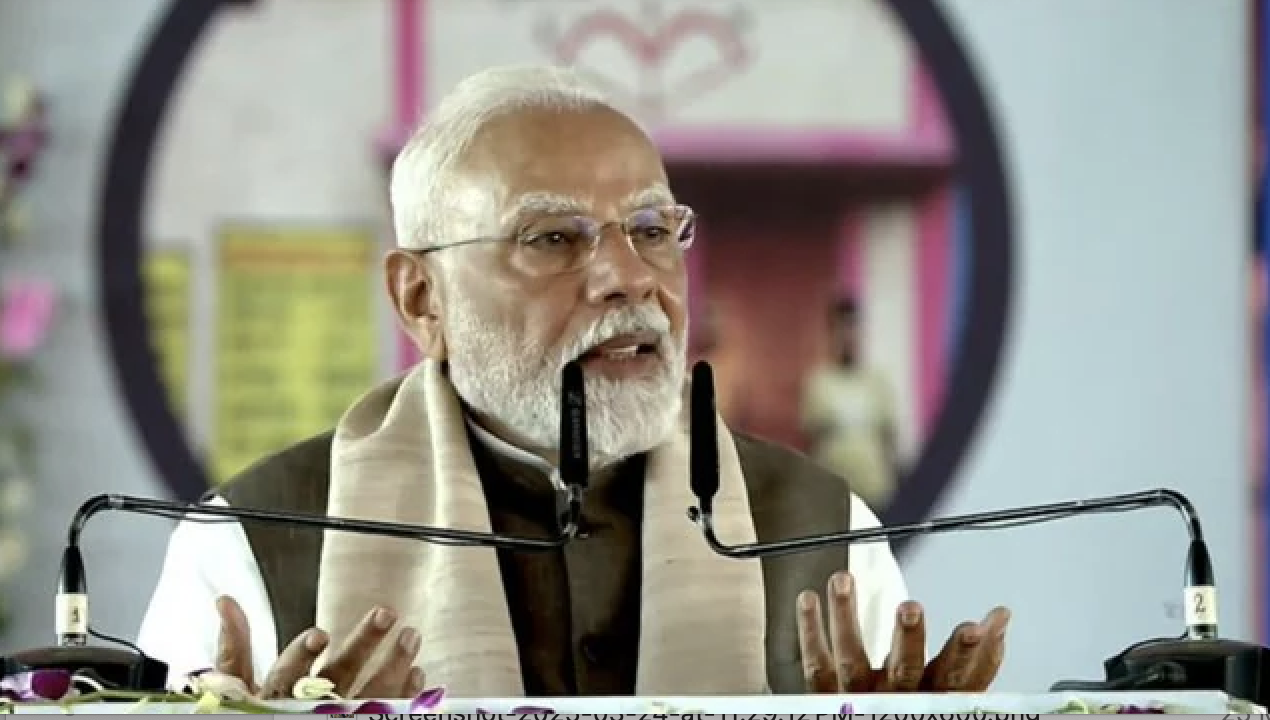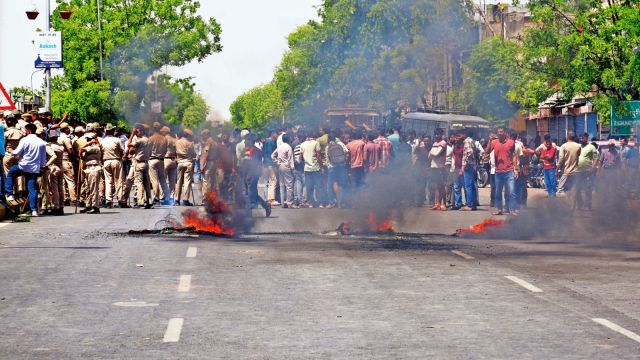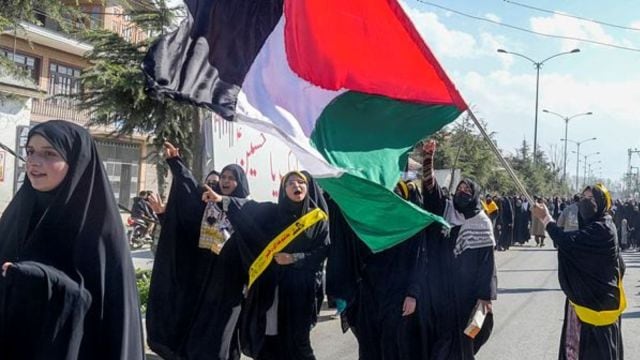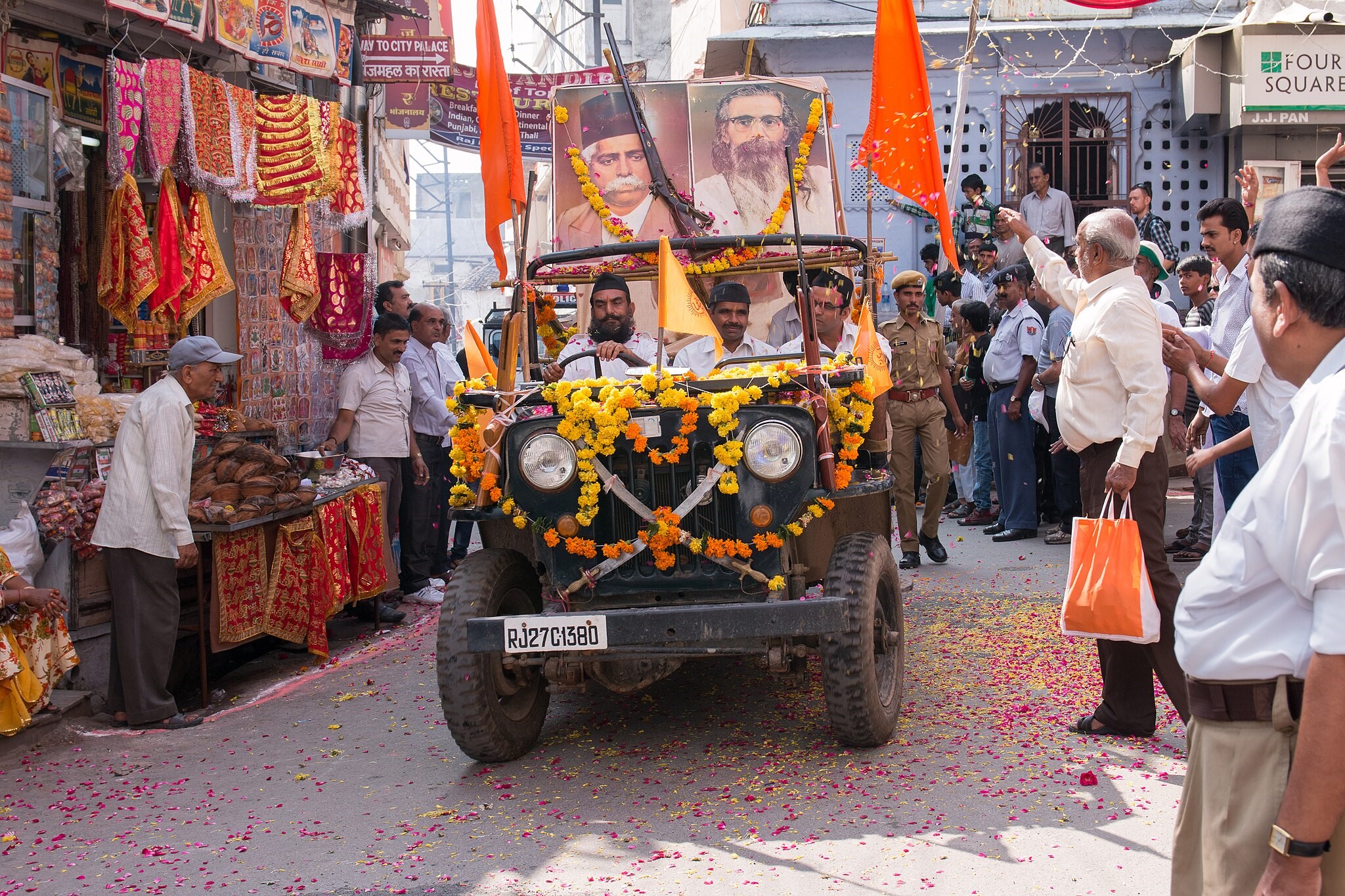
By Steven Zhou
Last month, the Government of Canada made the unprecedented move of expelling six diplomats linked to India’s ruling Bharatiya Janata Party (BJP) for ties to criminal activities on Canadian soil, including extortion, coercion, and even murder. India quickly denied such links and responded by ordering six Canadian diplomats to go home including the acting high commissioner.
The decision to expel the six diplomats from Canada came a year after national headlines were made by the killing of prominent British Columbia Sikh community leader Hardeep Singh Nijjar, for which Prime Minister Trudeau himself ended up accusing the BJP of unlawful involvement.
What many might not know is that the BJP, which has dominated Indian politics for a decade, is the political arm of a much older, perhaps even more consequential, parent organization called the Rashtriya Swayamsevak Sangh (RSS), a paramilitary group founded in 1925 that has consistently called for the persecution of India’s religious minorities, including Sikhs, Christians, Dalits, Muslims, and others. Early RSS ideologues cited European fascists like Adolf Hitler as a positive model. India’s Prime Minister Narendra Modi himself is a life-long RSS member, as are many BJP officials.
As the Bridge Initiative at Georgetown University notes, “the RSS has been at the forefront of promoting Hindu-nationalism in India,” and is accused of inciting “violence against India’s Dalit-Bahujan community, including hate crimes against Muslims, lynchings of Dalits, and pogroms against religious minorities.”
While today’s RSS has attempted to distance itself from its past activities, the evidence is overwhelming that this is not the case. Under Canada’s Anti-Terrorism Act, an organization need only commit terrorism somewhere in the world to end up as a banned entity. The RSS and its broad network have accumulated a prolific resume in this sense.
For example, in February 2020, around 40 Muslims were killed by Islamophobic mobs in the city of New Delhi. They were peacefully protesting the BJP government’s new immigration laws. According to Human Rights Watch (HRW), “top BJP leaders dangerously derided the protestors, and some openly called for violence against them.” Other RSS members also confirmed with Indian journalists that they deliberately took part in the violence.
Another example involves the infamous case of Monu Manesar, a member of the prominent RSS affiliate Vishwa Hindu Parishad (VHP)’s youth wing, the Bajrang Dal, who is infamous for live streaming himself attacking Indian Muslims. He was arrested last fall as the prime suspect in the murder of two Muslim men and for inciting violence against Muslims in Haryana last summer.
This story was originally published in opencanada.org. Read the full story here.


